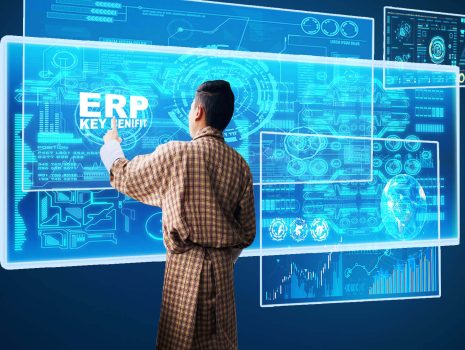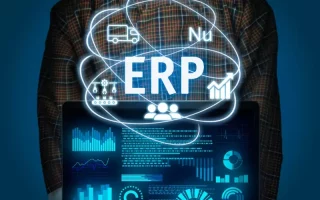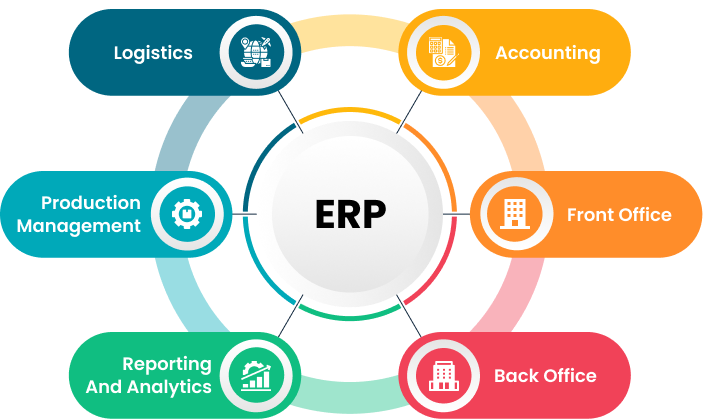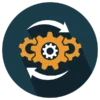
History of ERP?
ERP evolved from MRP software.
In the 1960s, materials requirements planning (MRP) software was developed for large companies that needed to handle and manage complex operations in manufacturing. More features for back office such as HR and accounting, and front office such as CRM and sales were added eventually by vendors while also making it affordable and accessible for small and medium-sized businesses.










